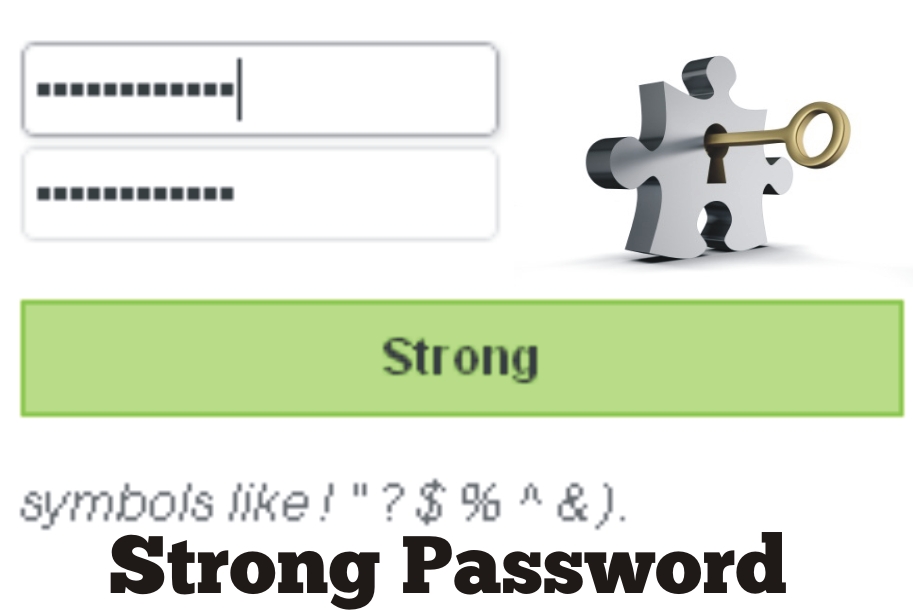
As the rate of online shopping increases substantially across the globe, so do cyber-crimes, claiming victims at alarming rates, Malaysians included. According to The Norton Cyber Crime Report of 2011, it was calculated that the cost of global cyber-crime stood at US$ 114 billion (RM 363 billion) annually, and based on the value victims surveyed placed on time lost due to their cyber-crime experiences, an additional US $274 billion (RM 873 billion) was lost. This is detailed in a cyber-crime report published on Net Security.org.
Therefore, it becomes paramount that whenever you are shopping online, you keep yourself secure by taking practical steps for safety during your web-store browsing activities. Some commonly recommended steps that can help you keep safe are listed below.
Always Use Strong Passwords
Always use a strong password which includes a combination of upper and lowercase letters and numbers. Avoid using obvious passwords like “password” or the name or birthday of a family member. Tier your passwords depending on the sensitivity of the information you are sharing, never auto save your passwords on websites, and change them every few months.
Stay Away From Phishing Emails
Whenever you see an email in your inbox that seems to be ‘out of the blue’ and is especially sent from an unknown sender, try to avoid opening it at all costs. It may contains spammy links or worse even viruses that may compromise the security of your online transactions, your personal details or even the performance of your computer. Also, be sure that your computer’s anti-virus software is up to date, since you may come across viruses and spyware or other type of malicious software when surfing online for deals and good buys.
Look For Trusted Sites And Browse Safely
Websites that are safe for transactions over the internet almost always feature the sign of a ‘padlock’ next to their web addresses in the address bar of your web browser. This means that the website is using a securely encrypted ‘https’ protocol that has been deemed safe for online transactions. This helps to protect your information from accidentally falling into the wrong hands of hackers and harmful phishing sites.
Keep Good Online Auditing Practices
Whenever you are entering your personal details online to get yourself registered on an online web store, you should complete an audit of where your details are held online and on your mobile devices, and delete anything that is unnecessary. You should remove yourself from old mailing lists and consolidate your details using trusted tools to store your personal financial information securely.
Keep All Your Handheld Devices Secure
These days, smartphones are all the norm and with this the trend of shopping online via handheld devices through mobile software like Android, iOS and Windows Mobile is also increasing. Keeping your computer safe and secure alone is not enough now – you must also adopt safety practices for your handheld devices. Use antivirus and anti-malware, anti-spam-ware software for your smartphones, tablets and laptops, and you can expect to have a much more safer online shopping experience.









